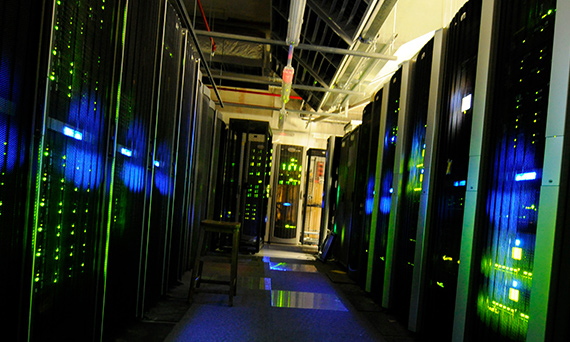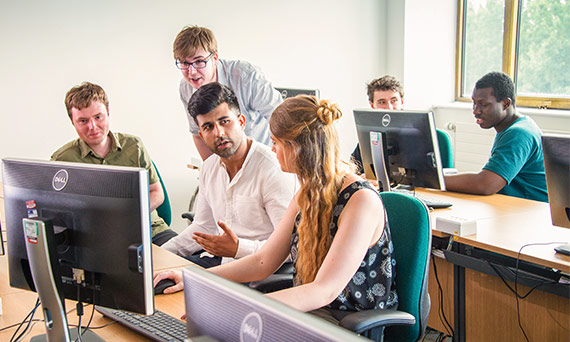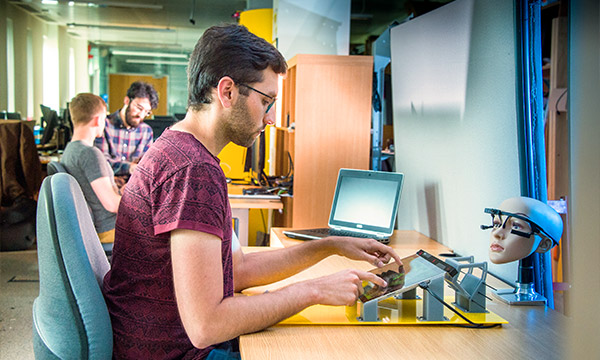1. Create your application
On top of the guidelines referenced above, the following guidelines are specific to the School of Computing and Communications (SCC). Please make sure to follow all of the requirements. Not adhering to them may at best delay the processing of your application, and at worst might result in immediate rejection. The preferred format for all supporting documents is PDF.
1.1 Research Proposal
At the top of the first page of the Research Proposal, please include the following information:
Mandatory
- A clear indication of the SCC research group(s) you want to work with. See a list of our research groups below.
- Two or three works that are related to your proposal. This list is in addition to any other references you may wish to include.
Optional
- The names of the SCC academic(s) you want to work with. Please also indicate if you would like us to consider your application if your preferred supervision team is not possible.
1.2 Personal Statement
A personal statement is mandatory and should be a maximum of one page. The document should explain your motivation to work on this project and a little about your background.
1.3 CV
We also require you to include a CV with a maximum length of two pages. This should consist of your previous degrees and graduation grades, as well as any relevant skills. Where it applies, also include awards of excellence, publications, and links to code releases (e.g. using GitHub URLs).








.jpg)



